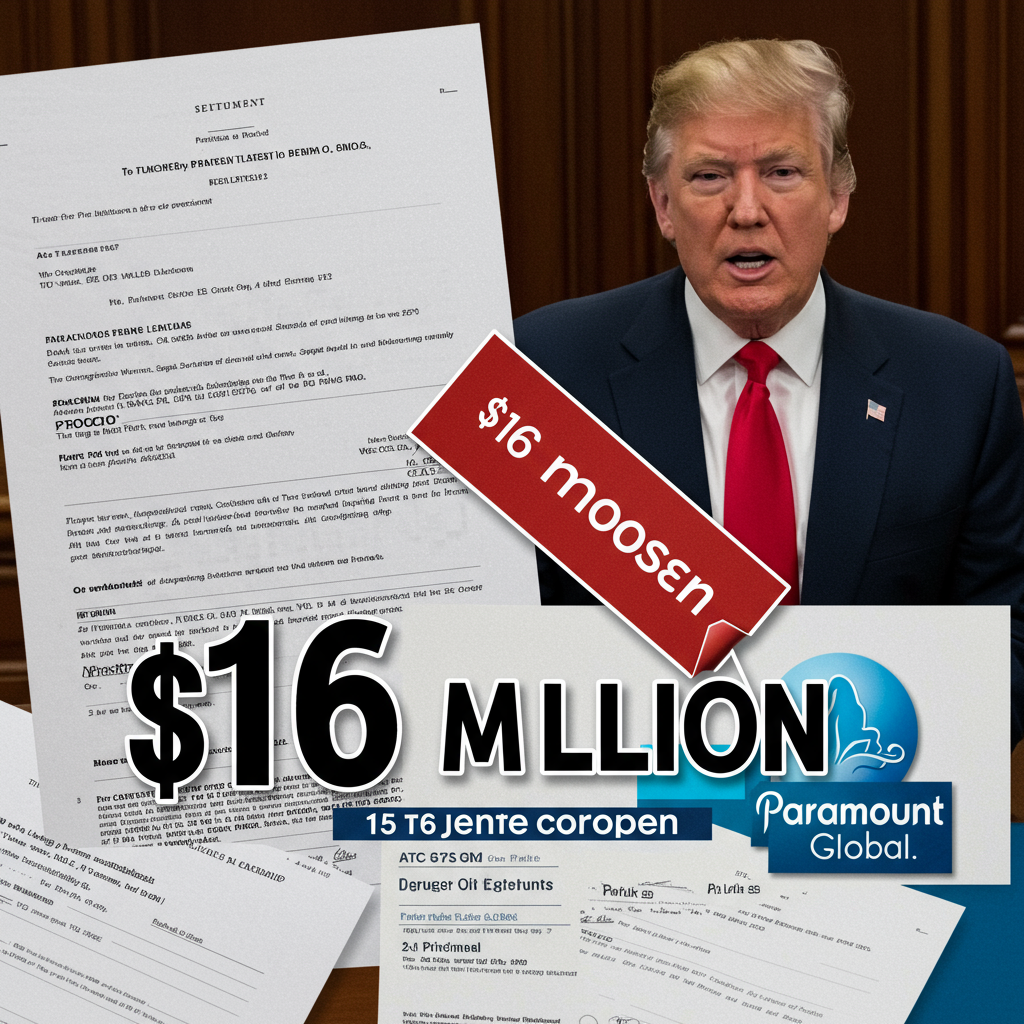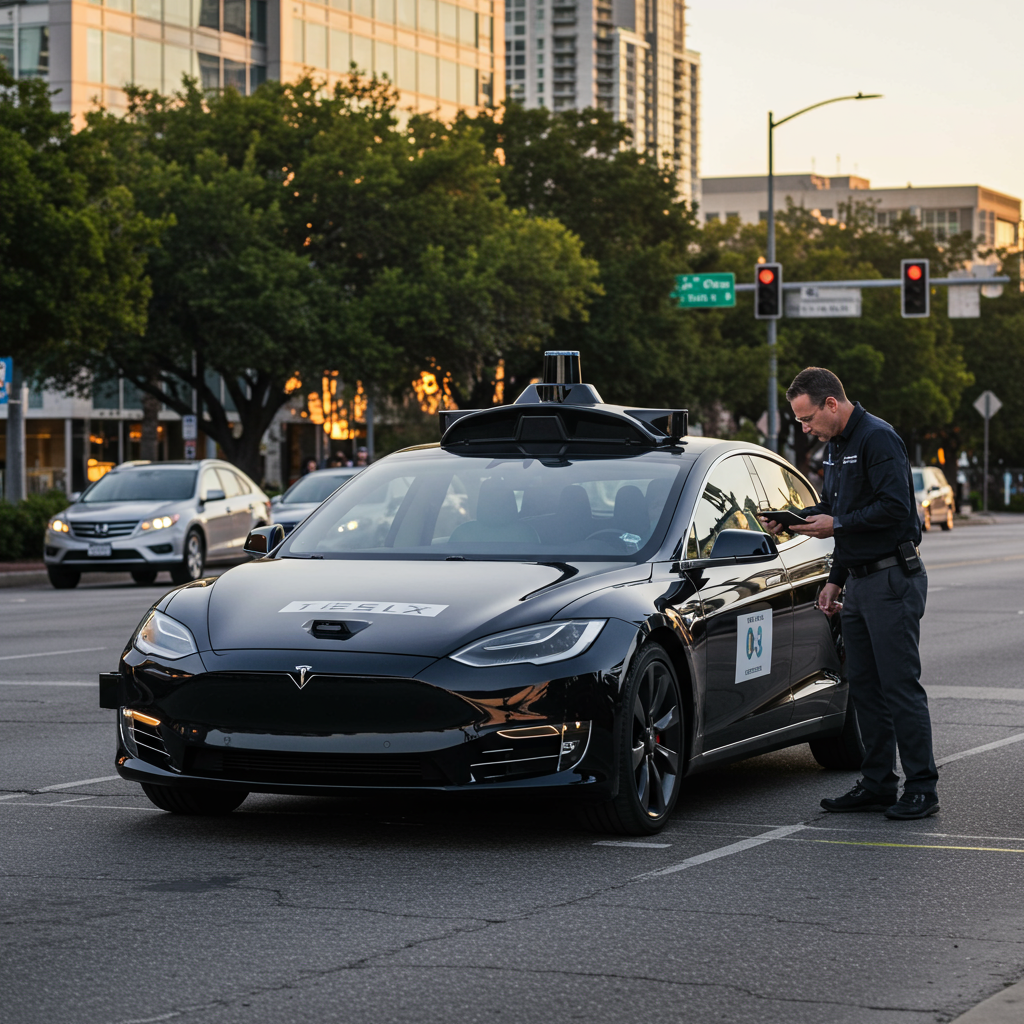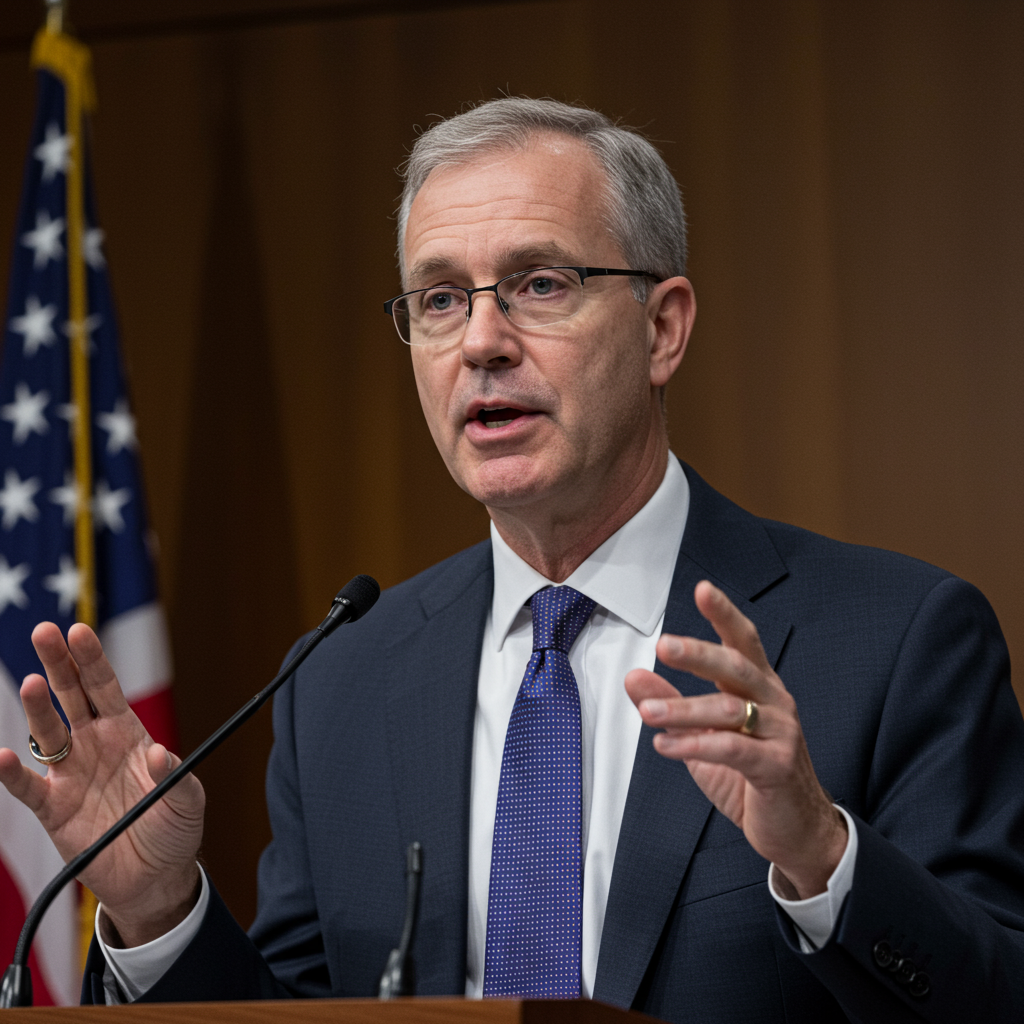In Lilongwe, malawi, Suzanna Kathumba faces a daily battle familiar to many: making an impossibly small salary cover the surging costs of basic necessities. Earning just 80,000 kwacha ($46; £34) each month as a domestic worker, the 43-year-old mother of four is constantly inventing new ways to economize. Her latest measure is a stark illustration of the country’s deepening economic hardship.
“I’ve told my youngest children not to get too dirty when playing,” Suzanna shared with the BBC, her voice weary. “This way, we can save on soap.” It’s a desperate strategy, one that highlights the impossible choices faced by families struggling at the sharp end of a severe economic crisis. “But it’s hard because children are children,” she added. “They want to play.”
The Harsh Reality of Daily Life Under Inflation
For months, Suzanna, a divorced mother and the sole provider for her four children living 130km away in Kasungu, has grappled with prices that escalate almost daily. She sends most of her earnings back home, supporting her two younger children still in school and two older ones who are unemployed. Her small wage must cover everything.
School fees alone consume a significant portion. “I pay 50,000 kwacha [$29] in school fees each term,” Suzanna explained. After that, essentials like exercise books, food, and yes, soap, must be purchased from the dwindling remainder. The price of a kilogram of sugar, for instance, now stands at a staggering 4,500 kwacha ($3).
The math simply doesn’t work. “The money finishes before it even comes,” she lamented. “We’re living a very hard life.” The concept of saving has become a distant dream for people like Suzanna. “I would be lying if I say that I save some money at the end of the month,” she stated plainly. “I have absolutely nothing left.”
More Than Just Soap: The Burden on Families
Suzanna’s story is a personal window into a nationwide crisis. Malawi is classified as one of the world’s poorest countries by the World Bank. Their estimates suggest that 70% of the population in the southern African nation lives on less than $2.15 a day. This widespread poverty leaves little to no buffer against volatile price shocks. The cost-of-living crisis means families must make painful compromises, sometimes impacting children’s basic needs like staying clean, a poignant symbol of the unseen struggles faced daily.
Understanding Malawi’s Economic Crisis
Malawi’s current economic woes are deeply rooted in structural issues amplified by global and domestic factors. Inflation has soared, making everyday goods increasingly unaffordable.
The Stranglehold of Soaring Prices
In May, Malawi’s annual inflation rate was a staggering 27.7%, easing slightly from 29.2% in April, but still among the highest on the African continent. This relentless rise in prices has led experts to use alarming terms. A recent Ernst & Young report, citing International Monetary Fund (IMF) data, placed Malawi among a handful of countries it considers to have a “hyperinflationary economy.” This term is applied when cumulative inflation over three years reaches approximately 100% or more.
According to the World Economic Outlook database used by Ernst & Young, Malawi’s three-year cumulative inflation hit 116% as of December 2024. Forecasts suggest cumulative rates of 102% for 2025 and 66% for 2026, indicating persistent price instability. The disconnect between static salaries and rapidly increasing prices is a core grievance for citizens like Suzanna.
The Forex Crisis: Why Malawi Lacks Foreign Money
Economists largely attribute Malawi’s inflation problems to a severe shortage of foreign exchange, or “forex.” This scarcity stems from Malawi’s trade dynamics: the country consistently imports more goods than it exports.
“We are not exporting high-value products,” explained Dr. Bertha Bangara Chikadza, a senior lecturer in macroeconomics at the University of Malawi and president of the Economics Association of Malawi. Malawi exports agricultural products like maize, soya beans, and sugar. However, it imports much more expensive items such as fertilizers, medicine, and furniture. Meeting the cost of these vital imports requires a huge amount of foreign currency, particularly US dollars.
The Black Market Effect
The scarcity of forex in official banking channels creates significant challenges for businesses. When importers apply for US dollars, they are often turned away because the funds are simply not available. This situation forces some businesses to seek foreign currency on the black market.
On the black market, exchange rates for the US dollar are drastically higher than the official rate of 1,750 kwacha for $1. Traders might pay between 4,000 and 5,000 kwacha for just one US dollar. This vastly inflated cost of acquiring foreign currency is directly passed down to consumers through higher retail prices for imported goods and even locally produced items reliant on imported inputs like fertilizer or machinery.
Business Struggles and Public Outcry
The effects of the economic crisis reverberate throughout the economy, impacting businesses large and small and fueling public discontent.
Mohammed Hanif Waka, who owns a stationery shop in Lilongwe, has witnessed a dramatic decline in his business. The need to increase prices due to import costs and forex challenges has driven away customers. “Sales have drastically dropped,” he told the BBC. The financial pressure has been so severe that he has had to make redundancies among his staff. Like many business owners, he struggles to obtain the foreign exchange needed to import stock like office supplies, pens, and notepads, increasingly trying to source goods locally instead. “I can’t remember when our banks gave us forex,” he added, highlighting the severity of the currency drought.
The economic pain has also spilled into public demonstrations. In February, hundreds of informal traders took to the streets in protest. They blocked the entrance to Malawi’s parliament building, voicing their frustration. “We are really affected, we are supposed to get a profit from our businesses,” said Steve Magombo, chairman of Lilongwe’s Tsoka Flea Market. “But the way things are, we are failing. Malawians are failing to buy our commodities.”
Navigating International Aid and Government Response
Addressing such a complex economic crisis requires difficult decisions involving international partners and domestic policy.
The Complexities of the IMF Loan
Malawi has been engaged in discussions regarding a $175 million, four-year loan agreement with the IMF, which was approved in November 2023. So far, $35 million has been disbursed. However, the program was temporarily suspended.
Justin Tyson, the IMF mission chief for Malawi, explained the suspension, stating that under IMF policy, programs automatically expire if reviews are not completed over an 18-month period, and no reviews have been successfully concluded for Malawi. He noted that maintaining “fiscal discipline” has proven challenging in the current environment due to significant spending pressures.
However, Malawi’s Finance Minister, Simplex Chithyola Banda, offered a different perspective. He stated that the government itself decided to suspend the loan due to disagreements over certain terms. Minister Banda cited a difficult choice: prioritizing the procurement of essential fuel for the country over building up reserves as required by the IMF. He also mentioned resistance to adjusting fuel prices, a measure he believed would negatively impact the prices of basic commodities and worsen the cost of living crisis for citizens.
Government Actions and Political Landscape
With national elections scheduled for September, the government is under pressure to demonstrate it is taking steps to alleviate the economic burden and bring prices down. Trade Minister Vitumbiko Mumba has publicly acknowledged that forex must be rationed. He stated that registered businesses can apply for essential imports via the reserve bank or finance ministry. However, he also pointed fingers at traders, blaming them for inflating prices.
In response, the government is proposing new legislation. They are setting up an economic sabotage bill and an essential goods and services bill aimed at regulating prices and potentially punishing those deemed to be driving them up unfairly. Meanwhile, the main opposition party has laid the blame for the rampant inflation squarely at the feet of the current administration. The cost-of-living crisis is set to be a defining issue in the upcoming election campaign.
Frequently Asked Questions
What is causing Malawi’s high inflation and economic crisis?
Malawi’s severe economic challenges, including high inflation rates exceeding 27% annually and cumulative inflation classified as hyperinflationary by some reports, are primarily driven by a critical shortage of foreign exchange (forex). This forex scarcity results from Malawi importing significantly more expensive goods, like fertilizers and medicine, than it exports lower-value products such as maize. Businesses struggle to access foreign currency from banks, forcing them to use the black market at much higher rates, which increases import costs and is passed on to consumers as higher prices.
How does the forex shortage affect daily life in Malawi?
The scarcity of foreign currency and resulting higher black market exchange rates directly impact the cost of goods in Malawi, making essentials increasingly unaffordable. Businesses struggle to import supplies, leading to price hikes and shortages. For ordinary citizens like domestic worker Suzanna Kathumba, static salaries cannot keep pace with daily price increases for items like food, school fees, and even soap. This forces families to make drastic cuts, sacrificing basic needs and living with no savings, reflecting the profound human cost of the economic crisis.
What is the status of Malawi’s IMF loan and government response to the crisis?
A $175 million IMF loan program for Malawi was temporarily suspended. The IMF cited difficulties in completing program reviews and maintaining fiscal discipline. However, the Malawian government claims the suspension was their decision due to disagreements, prioritizing essential needs like fuel procurement over building reserves as required by the IMF. Facing upcoming elections, the government states it is taking steps, including rationing forex for essentials and proposing bills targeting economic sabotage and essential goods regulation to control prices, while also blaming traders for inflation.
The Path Forward: Hope and Uncertainty
The daily struggles of Malawians like Suzanna Kathumba underscore the urgent need for economic stability. The interplay of global factors, structural economic challenges, and domestic policy decisions has created a perfect storm of hardship. While the government promises action and international aid remains a complex puzzle, citizens are hoping for solutions that bring lasting relief. As Suzanna put it, they “depend on the government for assistance” and hope politicians making decisions will remember the plight of the less privileged when shaping the country’s economic future.
Word Count Check: 1195



